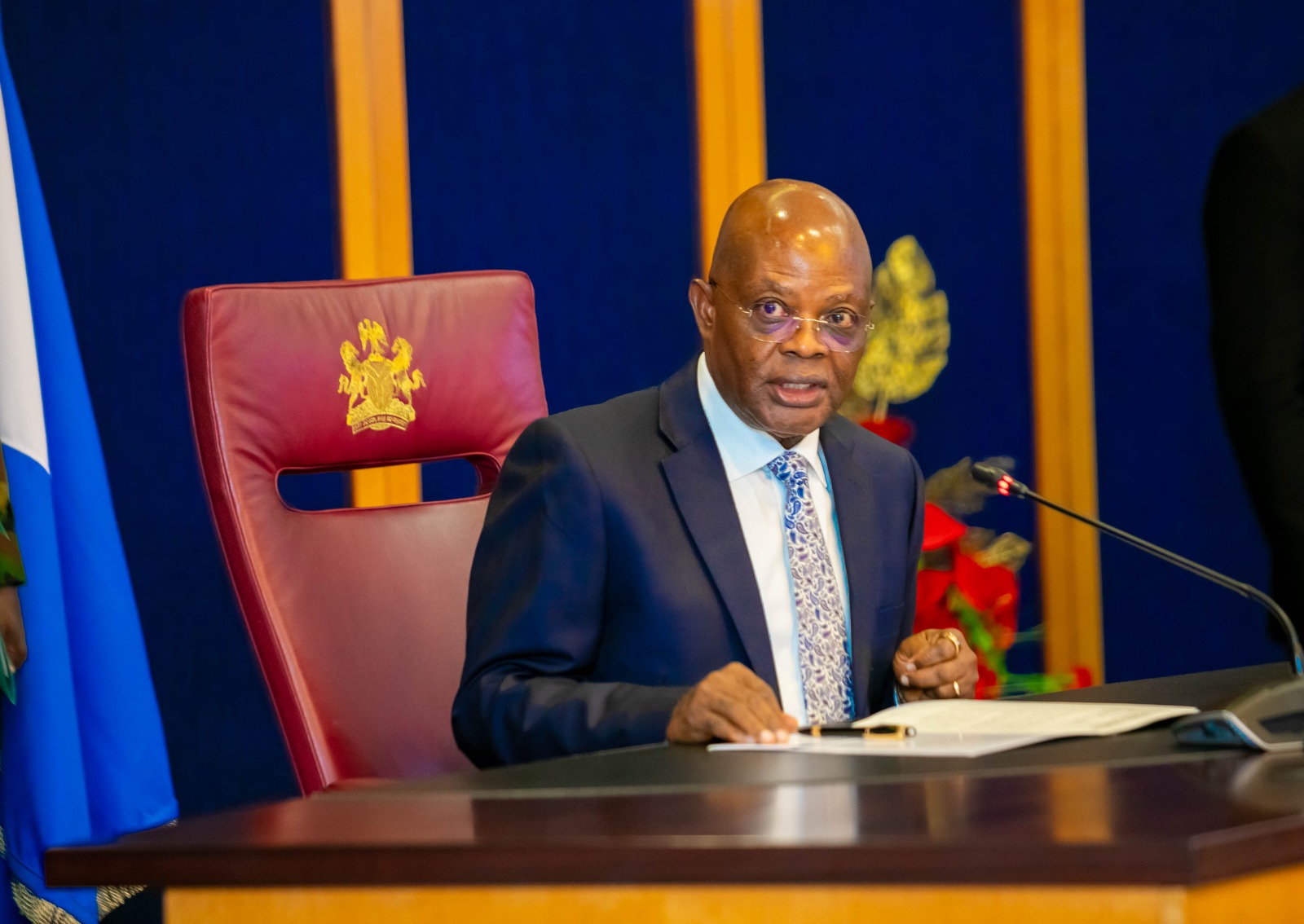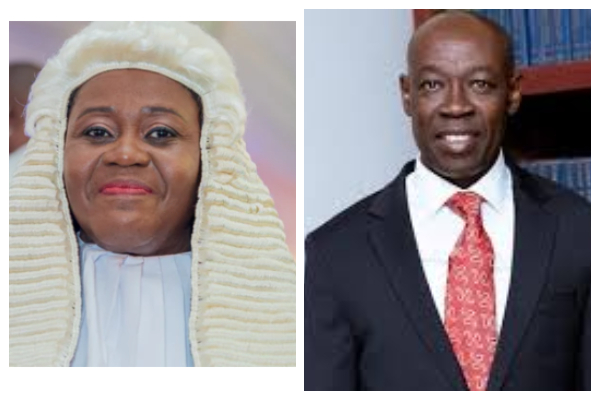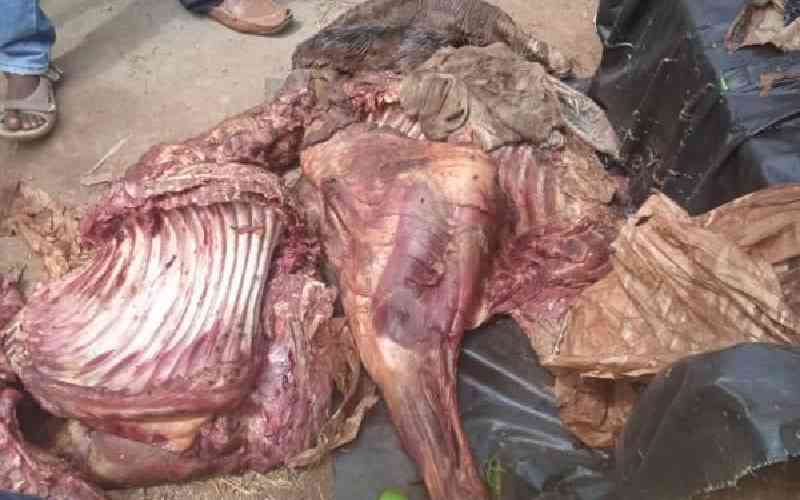African leaders unite at ASIF 2025 to drive continental transformation through sovereign investments
The Africa Sovereign Investors Forum (ASIF) 2025 wrapped up in Abuja with a renewed commitment to transform Africa’s sovereign wealth into a force for structural change. Hosted by the Nigerian Sovereign Investment Authority (NSIA), the summit gathered political leaders, fund managers, and private sector stakeholders under the theme: “Leveraging African Sovereign Wealth Funds to Mobilise Global Capital for Transformative Development in Africa.”
His Excellency, President Bola Ahmed Tinubu, represented by Vice President Kashim Shettima, opened the forum with a bold call for action: “The time has come for African nations to harness our collective sovereign wealth as engines for pan-African prosperity.”
That message reverberated throughout the two-day summit as leaders unveiled concrete steps toward long-term economic resilience. Chief among them was the launch of the ASIF Investment Platform, an ambitious pan-African initiative aiming to raise $50 billion in blended finance for infrastructure, agriculture, and renewable energy by 2030.
NSIA CEO, Mr Aminu Umar-Sadiq, announced that Africa’s sovereign funds will now allocate 30 per cent of their portfolios to climate-resilient projects by 2030, building on Nigeria’s existing $1 billion climate guarantee facility.
“By uniting our sovereign wealth, we’re not just preserving assets but building Africa’s future,” Umar-Sadiq said.
In a fireside chat between Mr Fola Aiyesimoju, Group Managing Director of UAC Nigeria and TGI Group’s Vice Chairman, Mr Farouk Gumel, Gumel emphasized the gap between global climate discourse and on-the-ground realities.
“Farmers don’t ask about COP29; they ask if it’s rained enough to plant,” he said, referencing the recent floods that may force a shift to dry-season farming. Gumel stressed the need to focus on both practical and adaptive short term while keeping an eye on the long-term planning.
PDP NWC members disagree with Damagum, reject Anyawu’s reinstatement
Gumel also highlighted the complexity of agricultural value chains and the critical role data plays in attracting investment. “The seed merchant sells it at planting, the farmer uses the seed for cultivation over a 3-to-4-month period, the processor takes the harvest and converts to food and the distributor may hold the stock for an uncertain period depending on market dynamics,” he explained. Understanding these timelines, he argued, is essential for designing effective financing models. “We always say we don’t have data, but data itself is a commodity. You have to invest in getting that primary data to enable investors put their monies there,” he said. He urged sovereign wealth funds to lead the charge in supporting grassroots data gathering, stressing that this foundational investment is key to building resilient agricultural systems across the continent.
ASIF 2025 also welcomed new members, including Ghana’s Petroleum Fund and Zimbabwe’s Mutapa Investment Fund, bringing the forum’s membership to 17 nations. The summit concluded with the formation of three specialist working groups to drive forward outcomes in data infrastructure, agricultural development, and climate finance.
The ASIF Council is expected to reconvene in late 2025 to review implementation milestones and approve follow-up investment frameworks.












